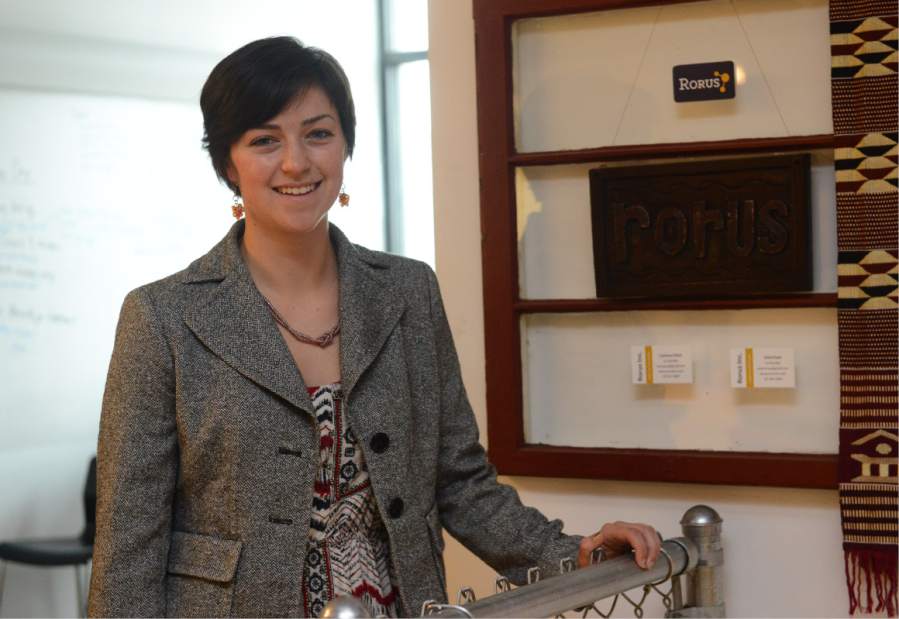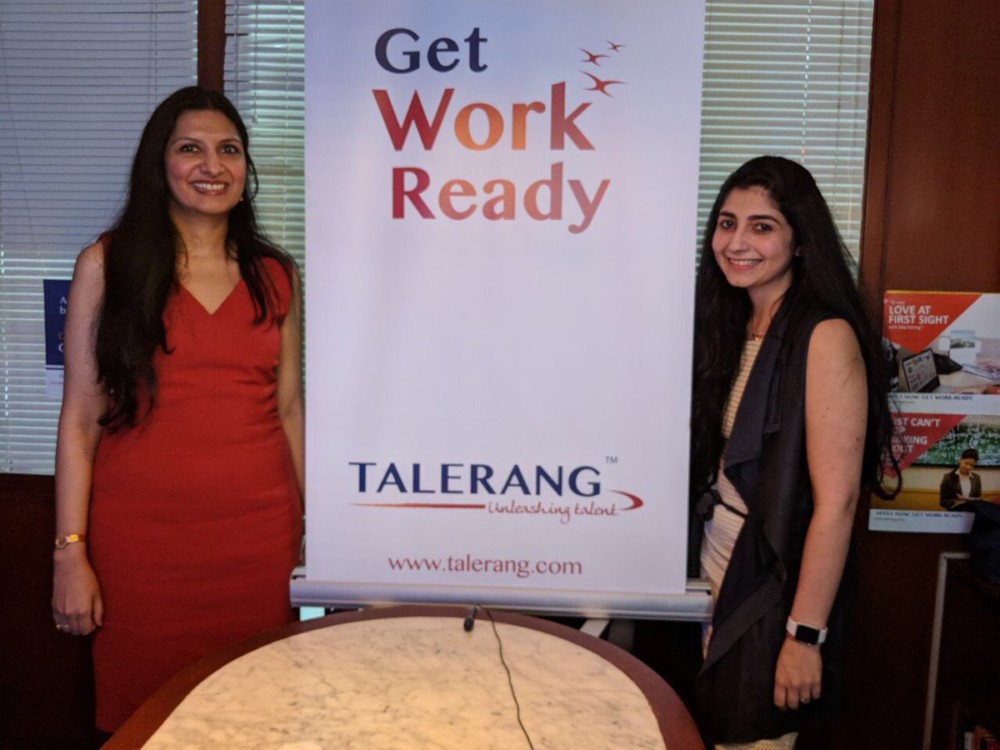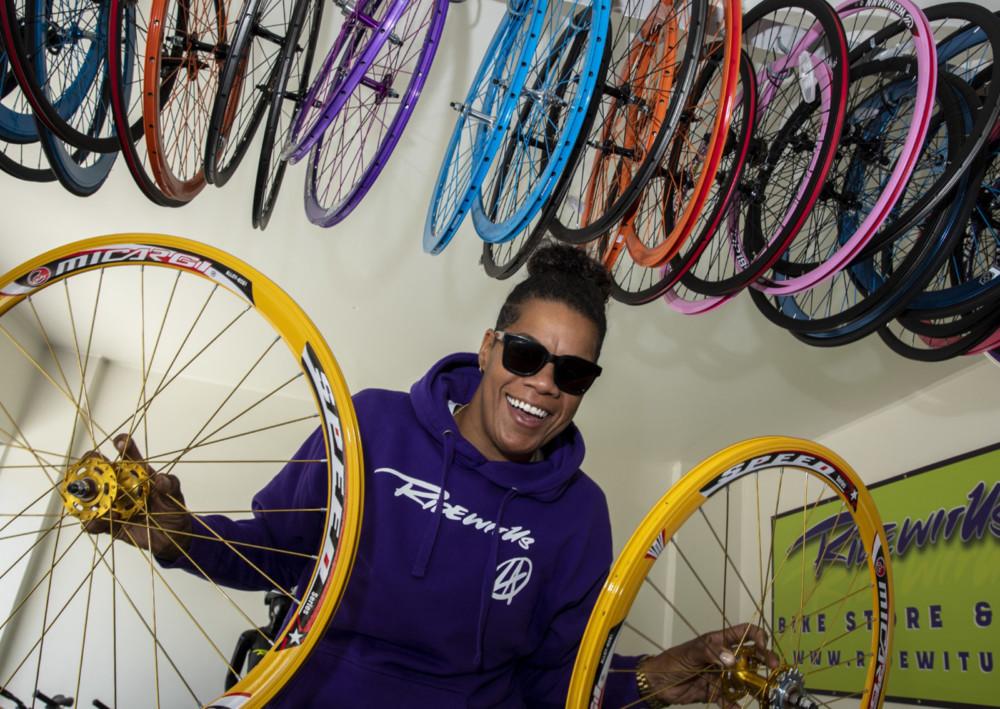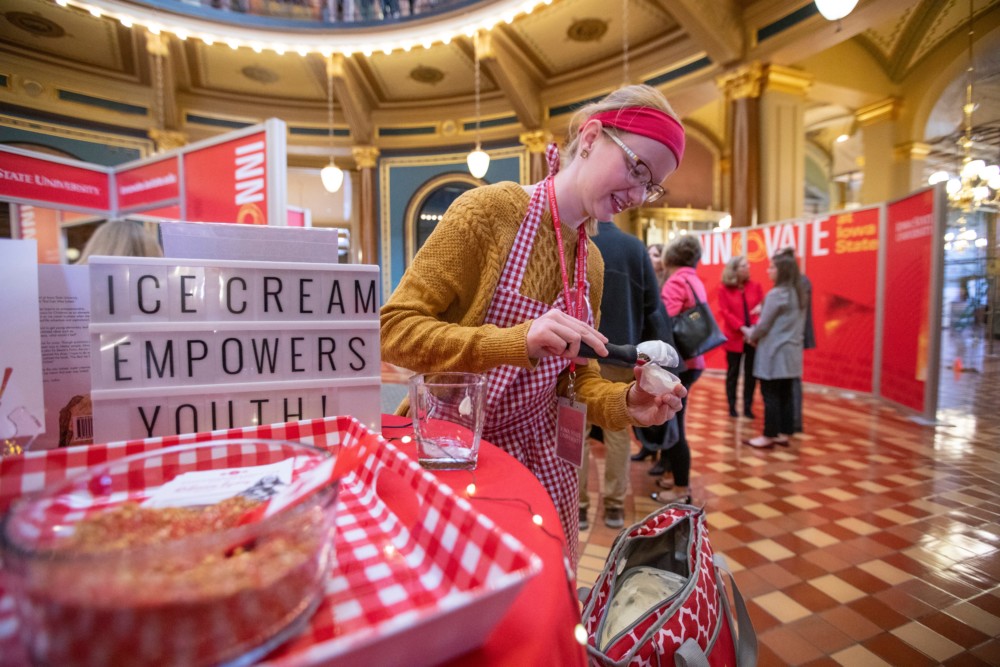By Katelyn Ferral
The Pittsburgh Tribune-Review.
When Corinne Clinch found an efficient way to bring cheap drinking water to victims of natural disasters, she debated whether to do it through a nonprofit organization or for-profit company.
The self-funding potential of the company, dubbed Rorus, won out.
“Money creates money, and so if you want to see action happening, getting investors behind it and capital is really easiest through a company,” said Clinch, a Carnegie Mellon University graduate.
Social enterprises — companies that focus equally on making money and making a positive difference in the world — represent an evolving segment of startups in Western Pennsylvania and elsewhere. Evidence indicates they’re growing in popularity, especially those geared toward selling to younger consumers.
The number of U.S.-based mutual funds using environmental, social, or corporate governance screening criteria increased from 12 in 1995 to 333 in 2012, according to the Forum for Sustainable and Responsible Investment, a Washington-based group that promotes “impact investing.”
Over that period, assets under management by those funds rose from $12 billion to $640 billion, according to the group.
A 2011 survey from J.P. Morgan predicted that by 2020, investors will earmark $400 billion to $1 trillion for impact investing.
Funding them can be tricky. They rely on investors looking to fund a profitable company that can create social and environmental change.
Pittsburgh startup leaders and university programs are looking to bridge the disconnect between social entrepreneurs and hesitant venture capitalists who have no way of vetting the viability of a company’s humanitarian business solution.
More social enterprise startups are applying for grants and business accelerator programs at the Idea Foundry, said Mike Matesic, the Oakland incubator’s CEO.
When companies leave and look for second-round funding, the flow slows.
“Investors aren’t there yet, regionally and locally. They aren’t there to invest in these types of businesses,” he said.
Idea Foundry started receiving applications from social enterprises in 2009. It started a separate fund in 2012 for such companies and gets 50 to 60 applicants a year, said the incubator’s business manager, Nicole Muise-Kielkucki.
Its other programs get about 100 applications annually.
“Having a program that is directed specifically at social enterprise draws a lot of people out of the woodwork,” Muise-Kielkucki said.
Investors and entrepreneurs say the social mission component adds a layer to the mix of valuing and pitching a company.
Entrepreneurs “have to work that much harder to prove to people that just because they’re going to balance out people and planet, that they’re every bit as profitable, and that makes social enterprises that much harder in our region,” Matesic said.
East Liberty-based Thread, which reduces waste and creates jobs in Haiti and Honduras by turning used plastic bottles into fabric, struggled to find Pittsburgh investors.
“The biggest problem was that people thought we were a nonprofit for a really long time,” said CEO Ian Rosenberger, who founded it in 2011.
“We had to say over and over and over again, ‘No, we can’t help people if we’re not making money. This isn’t about donations, it’s about investment.’ ”
Unsuccessful pitches led the team to focus on certain investors, said Frank Macinsky, Thread’s marketing director.
“If they didn’t care about Haiti, or poverty solutions, or responsible investing … then it wasn’t worth our time to convince them,” he said.
Clinch said Rorus also has been mistaken for a nonprofit.
The company makes bags with filters that clean dirty water with tiny particles of silver. The bags cost 75 cents to make, potentially saving aid organizations millions of dollars, she said.
Investors have few metrics to review when making decisions about social enterprise startups.
“I have to be concerned about one more thing that I don’t have to be concerned about in another deal,” said John Hammer, a Squirrel Hill investor who has worked with Idea Foundry startups. “How do we measure doing good? … How do we figure out that this is really going to happen this way and is really going to have the impact that we intend?”

















































































































































































































































































































































































